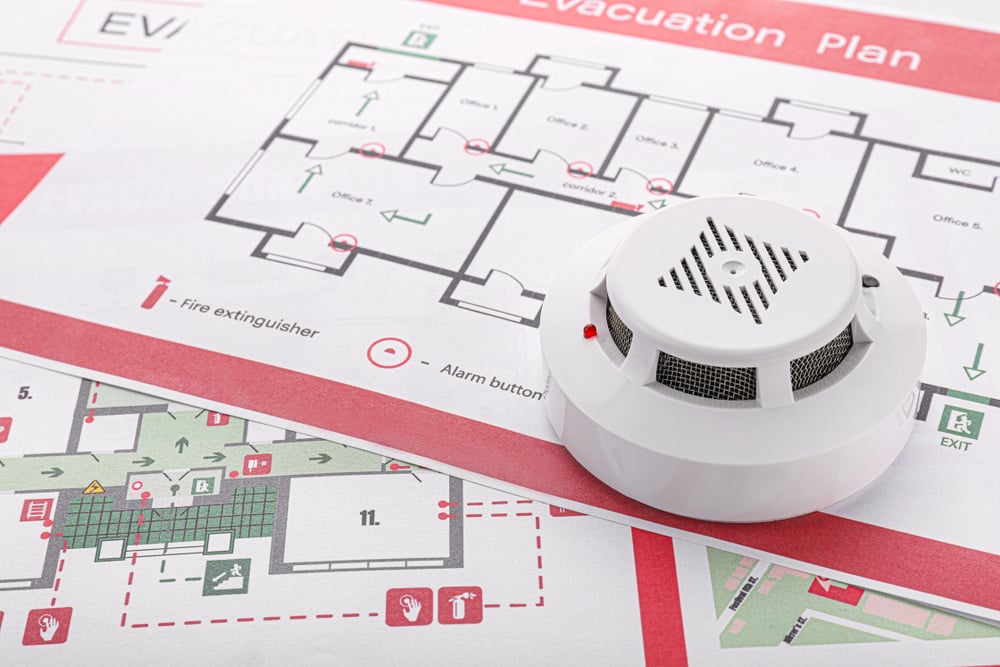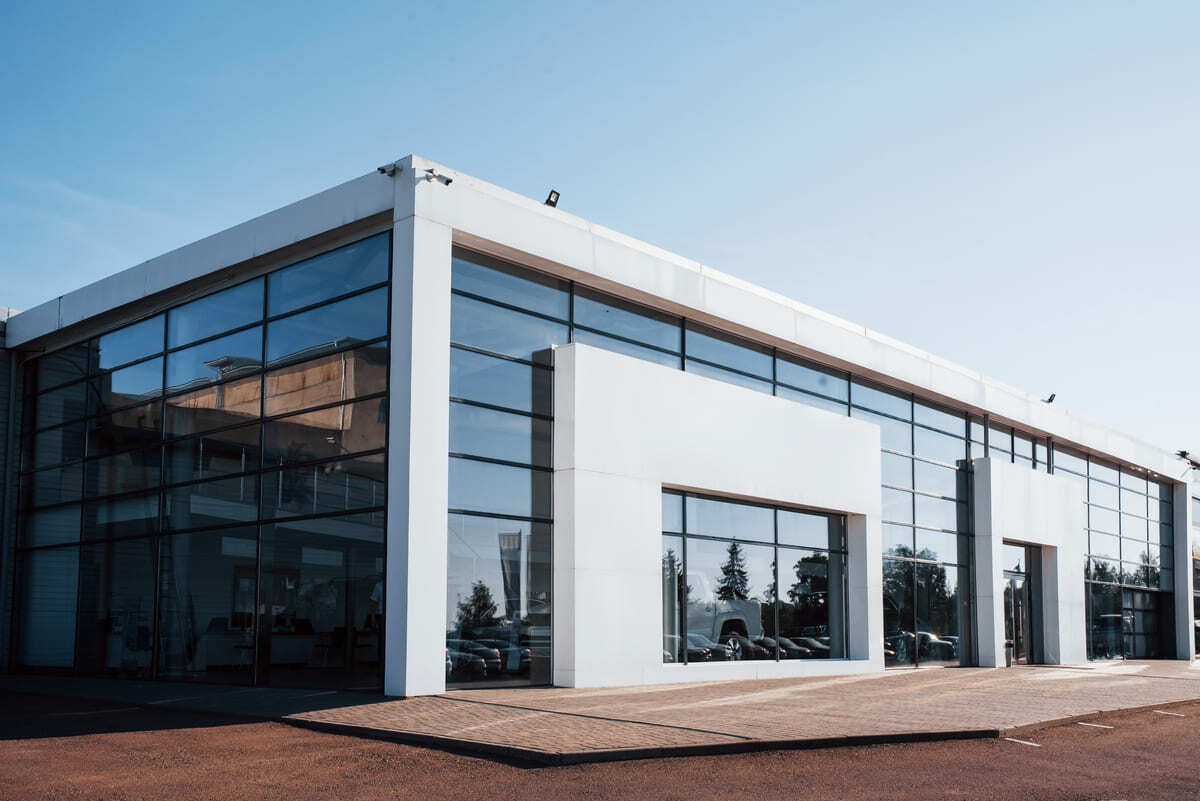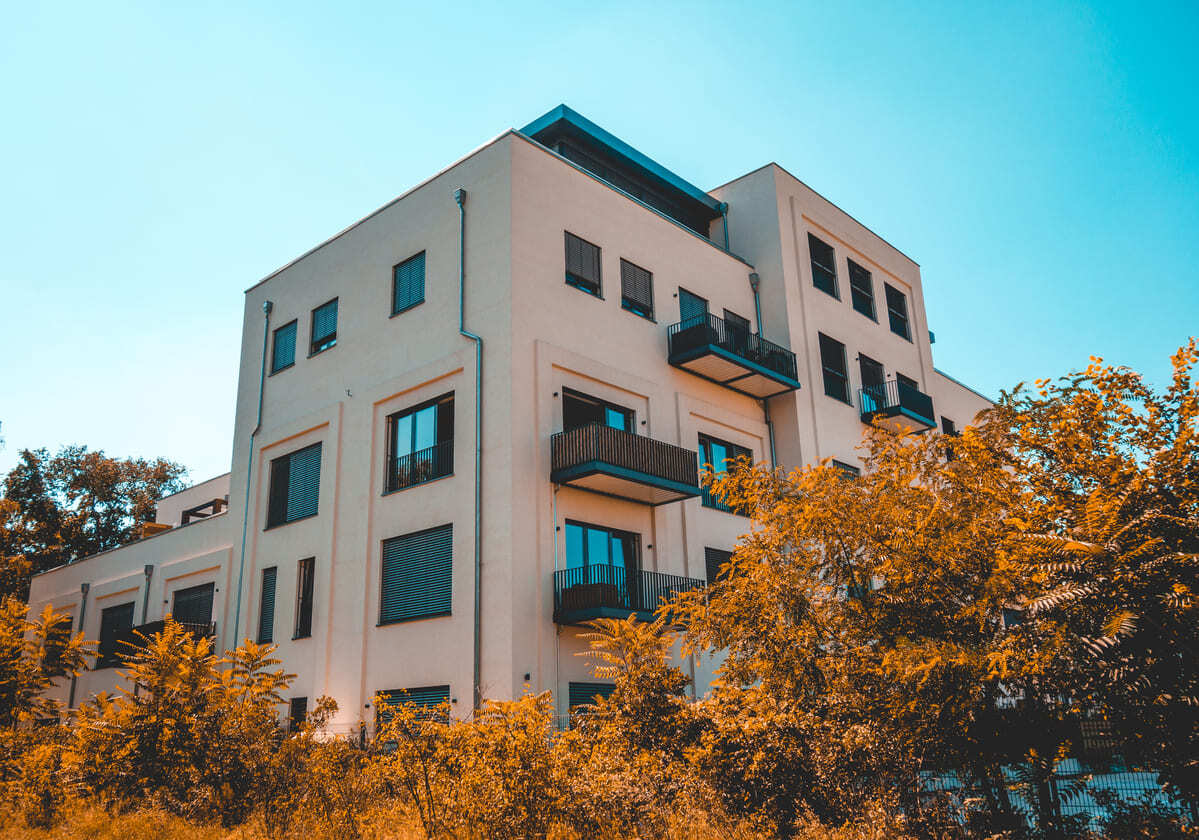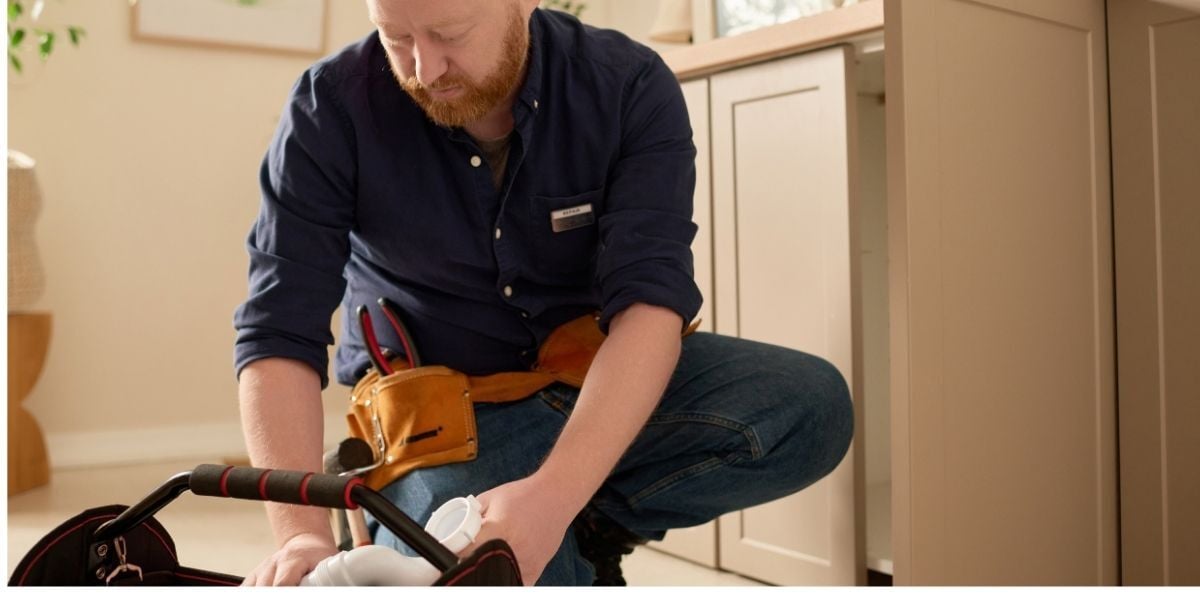
As a rental property owner, you want to do everything you can to keep your investment safe. Keeping your property safe includes doing routine maintenance and conducting safety checks. Additionally, it would be best to think about fire safety and ways to reduce the risk of a fire at your rental property during those safety checks. Here are some fire safety tips to help keep your rental property safe.
Smoke and Carbon Monoxide Detectors
All homes are required to have functioning smoke and carbon monoxide detectors. To ensure the detectors are fully operational, test them during specific times of the year. Additionally, try the detectors every time you enter the rental unit. If the smoke or carbon monoxide detector is not working, replace the batteries. If the device still does not work, replace the detector immediately.
Exits
All dwellings must have two exits, and these exits must be clear and accessible. Encourage your residents not to block the exits and when you enter the unit, do a quick visual check to make sure the doors are still accessible. If they're blocked, notify your resident that the areas need to be cleared, so they can easily access the exits.
Fire Extinguisher
Many home fires start in the kitchen, which is why the kitchen is the best place to keep a small fire extinguisher. Place the extinguisher under the kitchen sink or in the pantry for easy access. Routinely check the expiration date, and if needed, take the extinguisher to a local fire department to have it checked and tested.
Heaters
Conduct a walkthrough of your rental unit to ensure that nothing can fall onto the heating elements of the unit’s heaters. Keeping heater elements clear includes checking baseboard heaters and water heaters. Additionally, let the resident know to keep the areas surrounding any heater clear to prevent accidental fire.
Fireplaces, Chimneys, and Stoves
To prevent a fire, regularly clean and clear out fireplaces, chimneys, and vents for stoves. If not cleaned, the build-up of materials can develop, which can catch on fire. Additionally, if a fireplace is not often used, animals can nest in the chimney, catching fire the next time the fireplace is used.
Fire Safety for Residents
Ensuring your residents are doing everything possible for fire prevention helps reduce the risk of a fire. Provide residents with fire safety information and discourage them from using candles or smoking inside the unit. Ensure your residents know where the emergency exits and detectors are located. Ask them not to tamper with the detectors and to test them monthly. Finally, encourage residents to report fire safety issues to you immediately.
Fire Safety Concerns
As the property owner, you must respond immediately to any concerts reported by residents regarding fire safety-related issues. Repairs must be made promptly to ensure the overall fire safety of your rental unit and your residents.
Fire Safety Logs
Document the fire safety checks and work you have done in your rental unit by keeping a detailed log. Use the log to document when you checked smoke and carbon monoxide detectors, changed the batteries, made repairs, or were called to check a fire safety concern.
Local Fire Safety Requirements
Before renting out the unit, contact your local fire safety professionals to verify it's up to all current requirements. Some municipalities can send out an inspector to check your rental property and let you know what needs to be done to meet fire safety requirements.
Evacuation Plan
An evacuation plan helps show your residents how to get out of the rental unit safely and shows them where everyone can meet in the event of a fire. In addition, having an evacuation plan helps ensure everyone knows how to get out of the unit and seek safety outside. All property owners should have an evacuation plan printed up, and when each resident moves in, they should receive a copy.
Defensible Space
In the event of wildfires, you want to protect your rental property as much as possible. To help reduce the risk of your rental property catching fire from a wildfire or other outside fire, ensure you have a significant amount of defensible space between landscaping and the structure. You should have at least 100 feet between any combustibles and the building. Defensible space is also referred to as firescaping and helps reduce the risk of the fire jumping from one area to another.
Reduce the risk of fire by following these fire safety tips. Doing so helps protect your rental unit and your residents.
Related Articles:
Preventative Maintenance Tasks Property Owners Should Stay on Top Of










